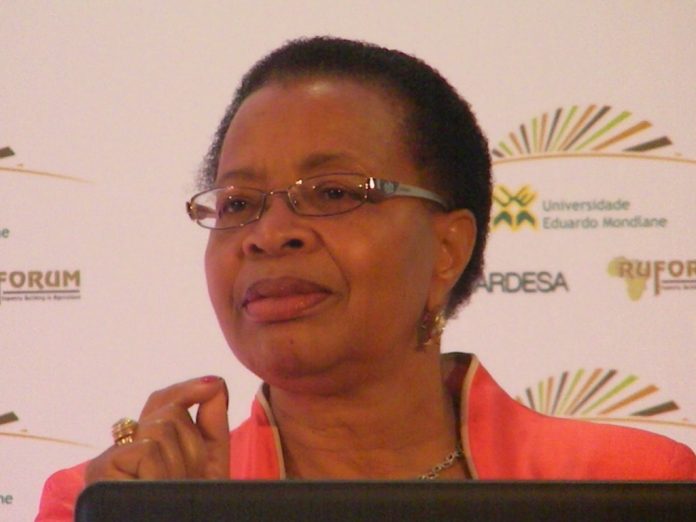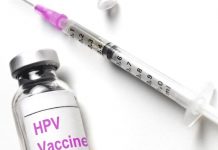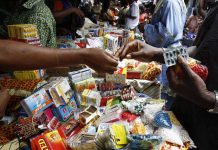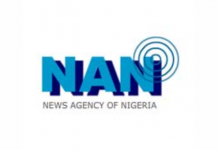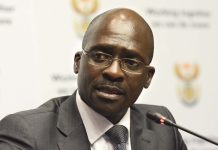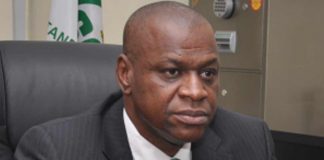By Graça Machel
(News in Africa Online considers the author of this piece as an authority in this field, and therefore, culled excerpts of her work here)
Access to health is a human right. The Constitution of the World Health Organization states that “the enjoyment of the highest attainable standard of health is one of the fundamental rights of every human being”.
It follows that if people cannot live healthy lives or access the health services they need, then they cannot enjoy all their other human rights. And if policies, institutions and systems restrict access to health care and prioritise profit over people, then that constitutes a denial of fundamental human rights.
Civil society groups, human defenders and community activists have been trying to form a movement based on solidarity and hope, recognising that the struggle for health and human rights are two sides of the same coin. These struggles are especially acute in Africa. Hundreds of millions of Africans are faced with the appalling choice between seeking life-saving medical care and putting food on their tables.
This is a matter for outrage. It reflects a collective lack of political commitment to health across our continent. Members of the global community committed to the UN Sustainable Development Goals in September 2015 where 193 countries pledged to invest in achieving Universal Health Coverage (UHC).
I am personally committed to the cause of UHC through the work of the Graça Machel Trust, and also as a member of The Elders – the group of independent leaders founded by Madiba to work for peace and human rights, which is today led by Kofi Annan.
Universal Health Coverage is rooted in equity and rights and is therefore a cause that is near and dear to the Elders. In July this year, we launched a Walk Together campaign, to mark the organisation’s 10th anniversary and the upcoming centenary of the birth of our founder, Nelson Mandela.
Through this campaign, we are standing alongside over 1,000 organisations that are part of the global Universal Health Coalition to shine a light on extraordinary stakeholders delivering health care around the world.
I know from personal experience in southern Africa that affordable, accessible and quality health care is vitally important in building inclusive, prosperous and sustainable societies. Earlier this year, I travelled with my fellow Elder Mary Robinson to Tanzania to meet ministers, officials and community members to see first-hand how that country is trying to widen access to health.
We met many inspiring people, especially outspoken civil society activists, and heard from rural women who have minimal access to health facilities and face unaffordable user fees to obtain treatment. We also received the unfortunate impression that funding primary health care and investments in service delivery are not yet at the levels required.
Policymakers need to afford it the highest priority in their budgetary decisions. Primary health care is the cornerstone of health systems, connecting patients with trusted health care providers who can address the most common health needs throughout their lives. We are at time in history were knowledge, capacity and resources combined can eradicate the tragedy of preventable deaths.






